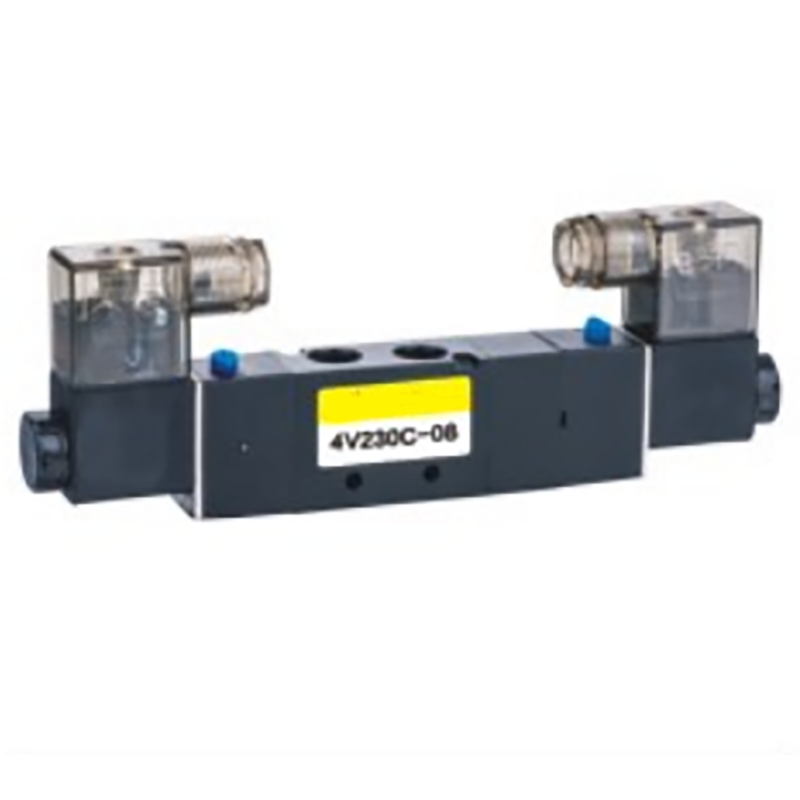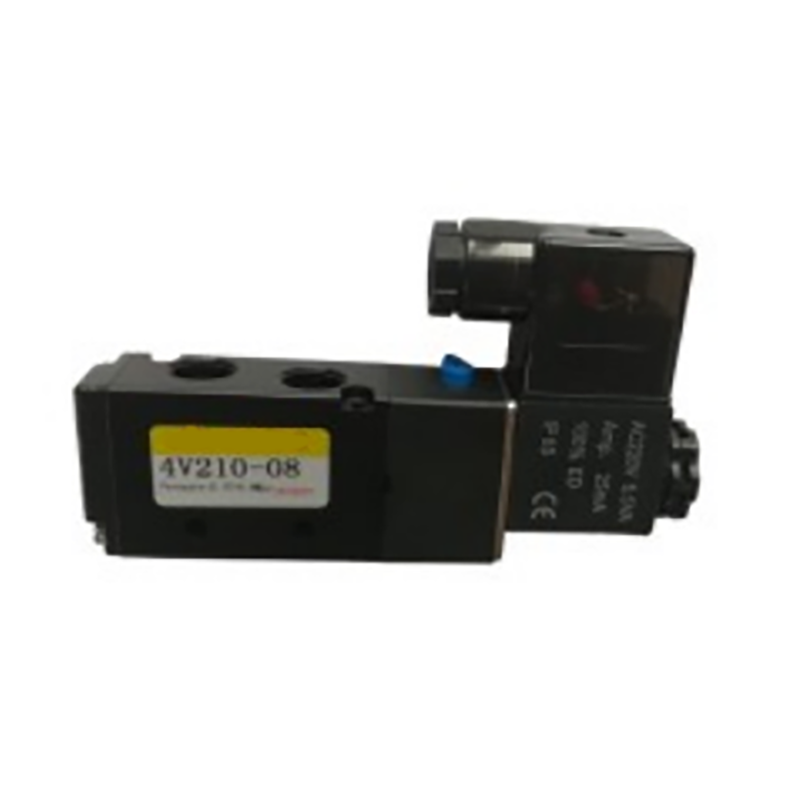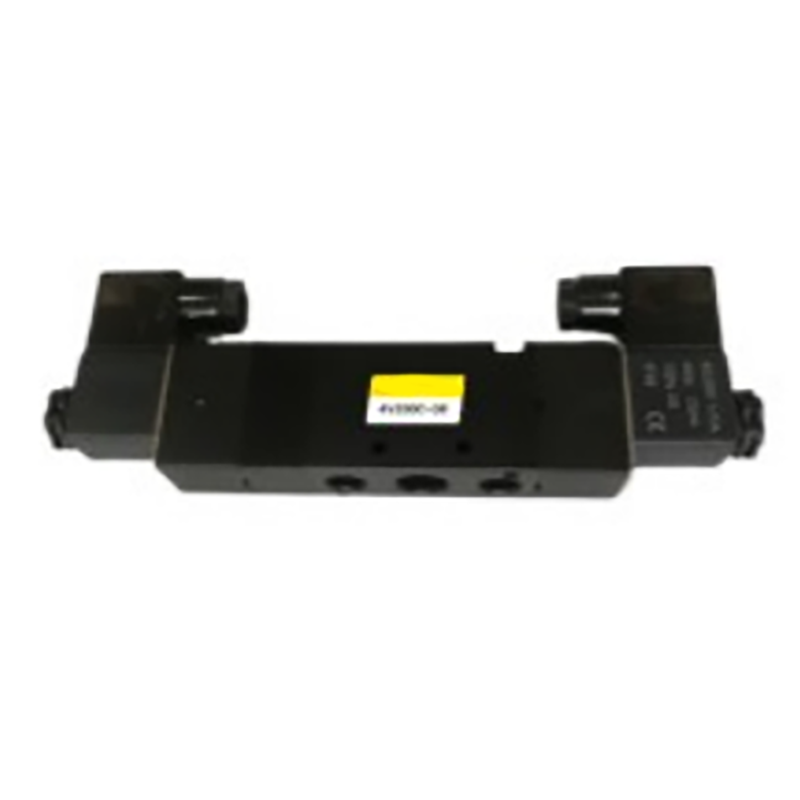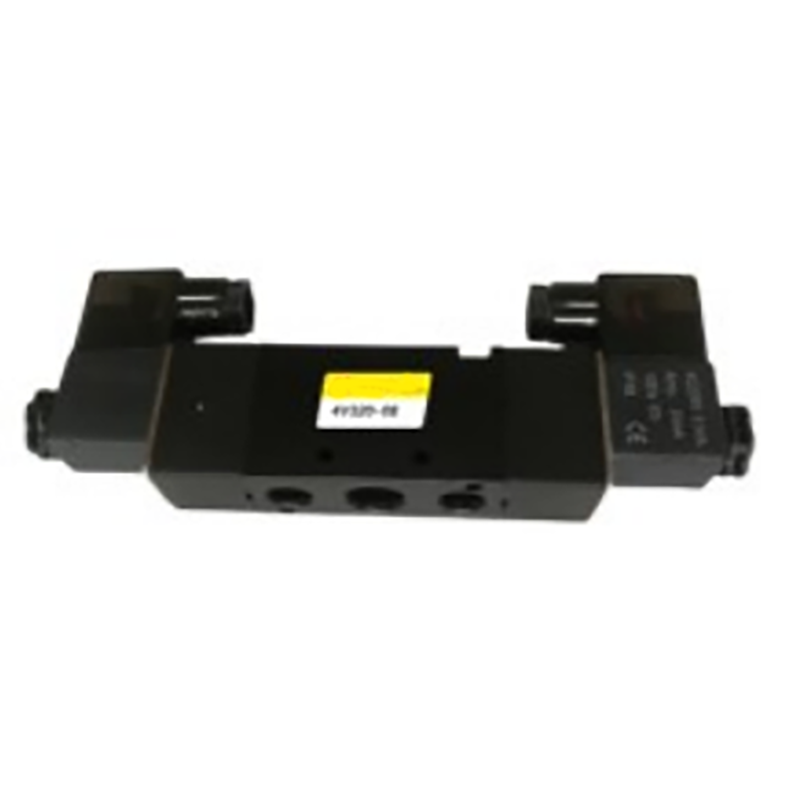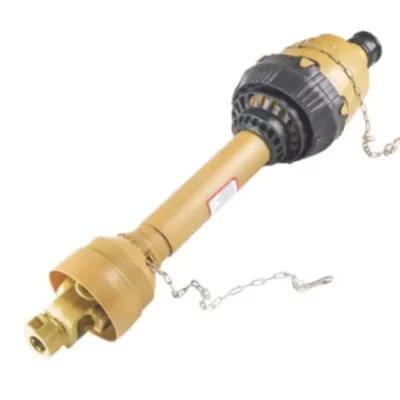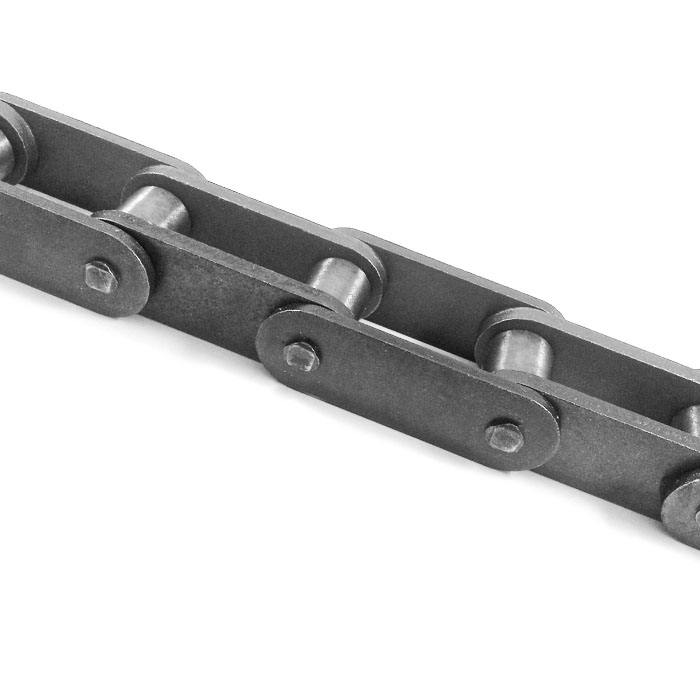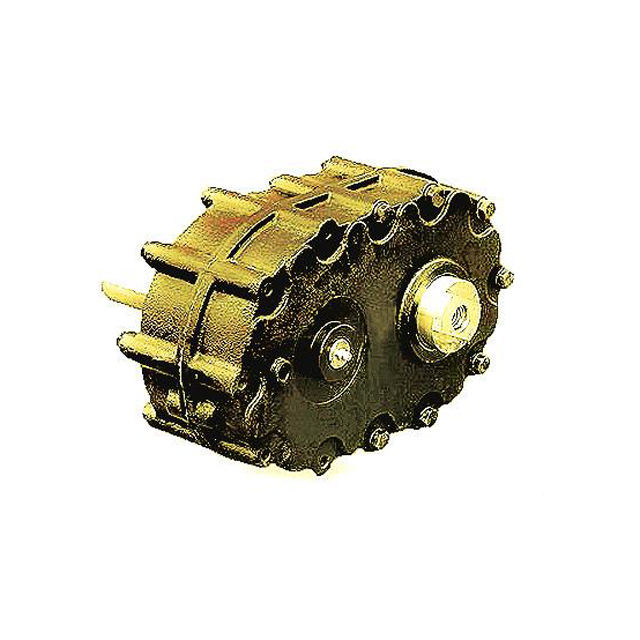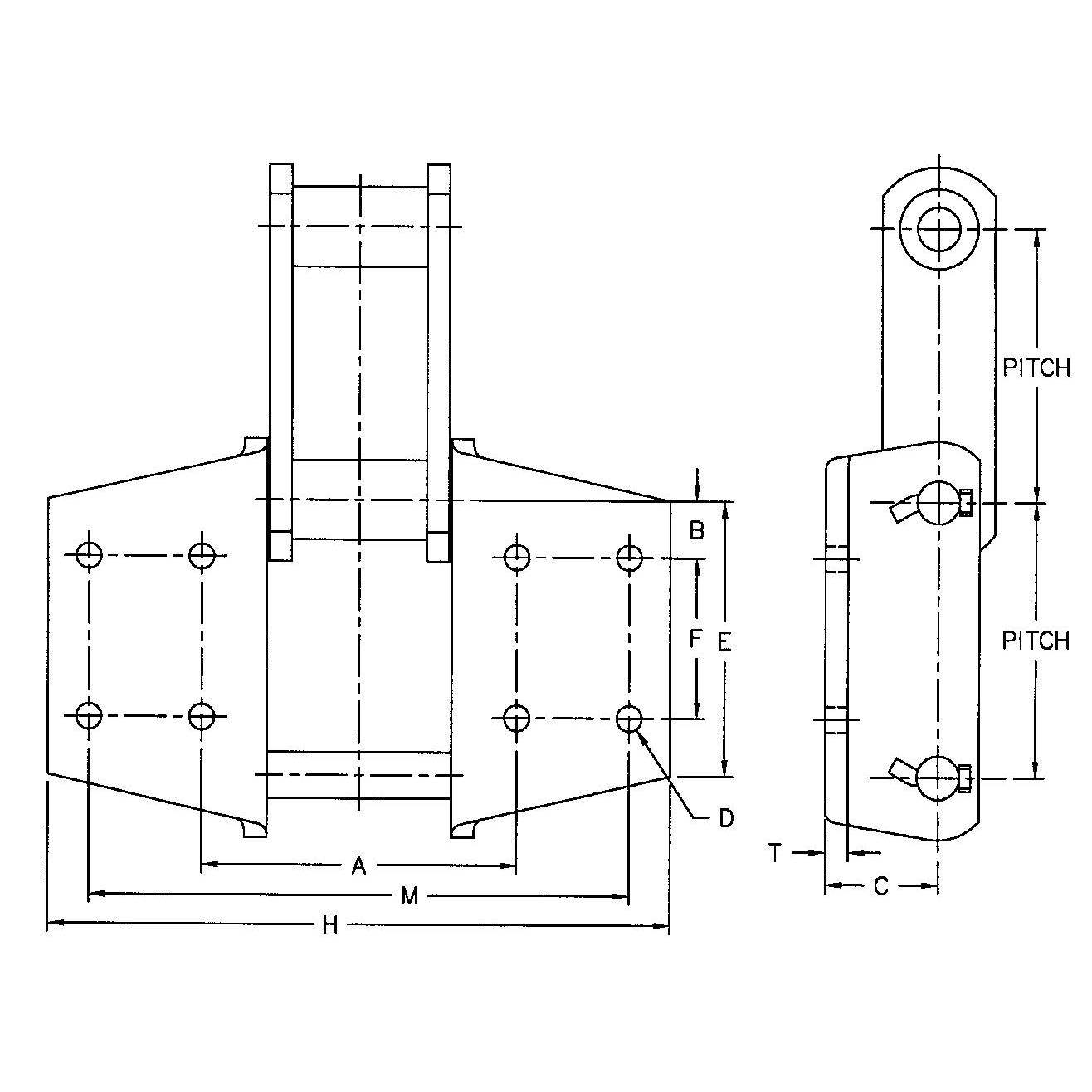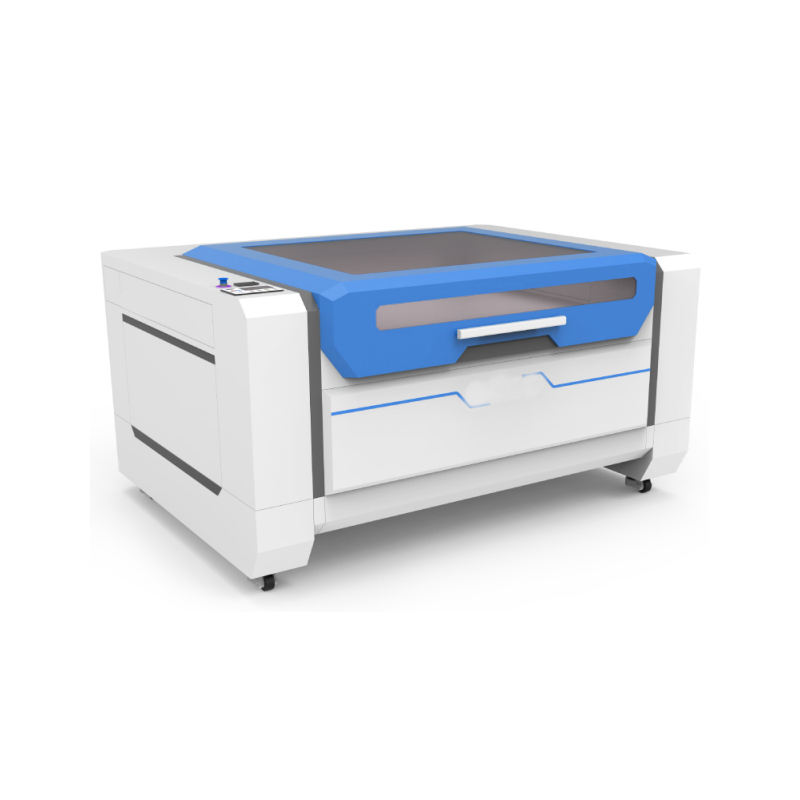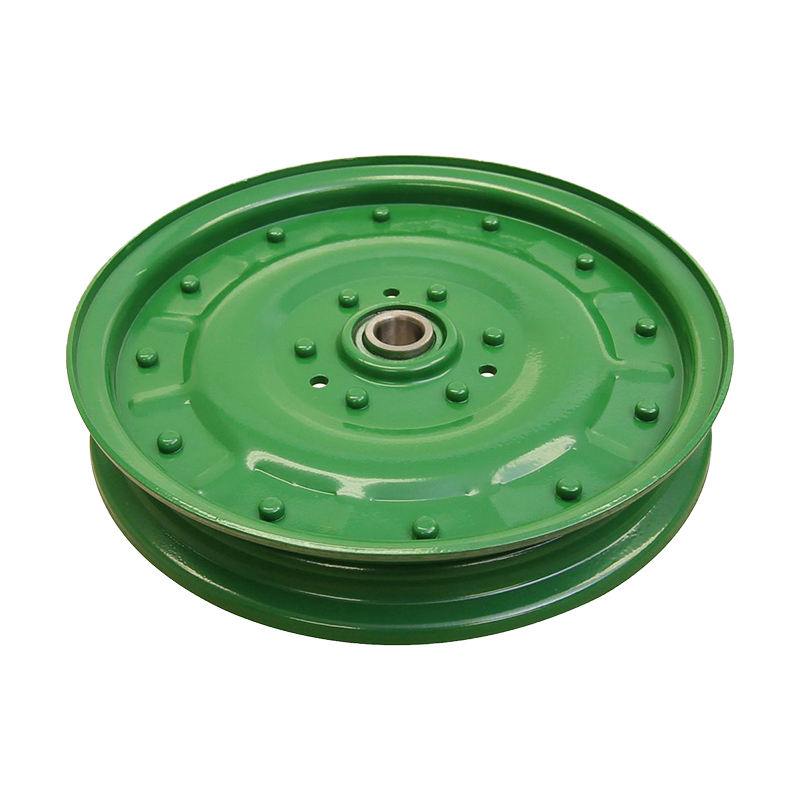What Are Thin Line Shaft Collars?
Thin line shaft collars are precision-engineered mechanical components designed to secure parts onto shafts in various industrial and commercial applications. They feature a slim profile, making them ideal for tight spaces where standard collars might not fit. Manufactured from high-quality materials such as steel, stainless steel, and aluminum, these collars ensure durability, corrosion resistance, and reliable performance. They are commonly used in machinery, automotive systems, robotics, and conveyor systems to position, space, or lock components on shafts securely.
Key Product Parameters
Our thin line shaft collars are available in a wide range of sizes and specifications to meet diverse needs. Below is a detailed list of parameters and a table for quick reference.
Material Options
- Steel: Offers high strength and is suitable for general-purpose applications. Often zinc-plated for corrosion resistance.
- Stainless Steel: Provides excellent corrosion resistance, ideal for harsh environments like food processing or marine applications.
- Aluminum: Lightweight and corrosion-resistant, perfect for applications where weight is a concern, such as aerospace or robotics.
- Plastic/Nylon: Non-conductive and lightweight, used in electrical or low-load scenarios to prevent shaft damage.
Standard Specifications
| Parameter |
Range |
Details |
| Bore Diameter |
1/8 inch to 2 inches |
Precision bored to fit various shaft sizes with minimal tolerance. |
| Width (Thickness) |
1/16 inch to 1/4 inch |
Ultra-thin design saves space without compromising strength. |
| Outer Diameter |
3/8 inch to 2.5 inches |
Designed for easy installation and removal with standard tools. |
| Clamping Type |
Set Screw, One-Piece, Two-Piece |
Set screw types use screws for locking; one-piece and two-piece offer quick adjustment. |
| Load Capacity |
Up to 500 lbs (varies by material) |
Tested under industrial standards for maximum holding power. |
| Temperature Range |
-40°F to 500°F (-40°C to 260°C) |
Suitable for extreme conditions, depending on material selection. |
Applications of Thin Line Shaft Collars
Thin line shaft collars are versatile and used across multiple industries. In automotive systems, they secure gears and pulleys on drive shafts. In robotics, they provide precise positioning for arms and joints. Conveyor systems utilize them to maintain belt alignment, while in aerospace, they help reduce weight without sacrificing performance. Their slim design makes them perfect for compact machinery, medical devices, and packaging equipment, ensuring efficient operation and longevity.
Advantages of Using Our Thin Line Shaft Collars
- Space Efficiency: The thin profile allows installation in confined areas, reducing overall assembly size.
- High Precision: Manufactured to tight tolerances, ensuring a secure fit and minimal shaft play.
- Durability: Made from robust materials, resistant to wear, corrosion, and high loads.
- Easy Installation: Available in set screw and clamping styles for quick setup without special tools.
- Cost-Effective: Affordable pricing with bulk options, providing value for industrial use.
FAQ: Frequently Asked Questions
Q: What is the primary function of a thin line shaft collar?
A: The primary function is to act as a mechanical stop, spacer, or lock on a shaft, securing components in place within assemblies. They prevent axial movement and maintain precise positioning in machinery.
Q: How do I choose the right material for my application?
A: Select based on environment and load: use steel for general purposes, stainless steel for corrosive conditions, aluminum for lightweight needs, and plastic for non-conductive or low-impact applications. Consider factors like temperature, moisture, and required strength.
Q: Can thin line shaft collars be used on rotating shafts?
A: Yes, they are designed for both static and rotating shafts. Ensure proper installation with set screws or clamps tightened to recommended torque specifications to prevent slipping or damage.
Q: What are the differences between set screw and clamping collars?
A: Set screw collars use one or more screws to lock onto the shaft, suitable for moderate loads. Clamping collars (one or two-piece) exert uniform pressure without marring the shaft, ideal for high-speed or precision applications where shaft integrity is critical.
Q: Are these collars reusable?
A: Most thin line shaft collars are reusable if undamaged. Clamping types can be easily removed and reinstalled, while set screw types may require inspection for screw wear. Avoid over-tightening to extend lifespan.
Q: What maintenance is required for shaft collars?
A: Minimal maintenance is needed. Periodically check for loosening, corrosion, or wear, especially in high-vibration environments. Lubrication isn't typically required, but clean with appropriate solvents if debris accumulates.
Q: Do you offer custom sizes or materials?
A: Yes, we provide custom manufacturing for bore diameters, widths, and materials to meet specific requirements. Contact our support team with details for a tailored solution.
Q: How do I install a thin line shaft collar properly?
A: For set screw types, position the collar on the shaft, align the screw with a flat spot on the shaft (if applicable), and tighten evenly to the specified torque. For clamping types, assemble around the shaft and tighten the fasteners gradually in a cross pattern to ensure even pressure.


